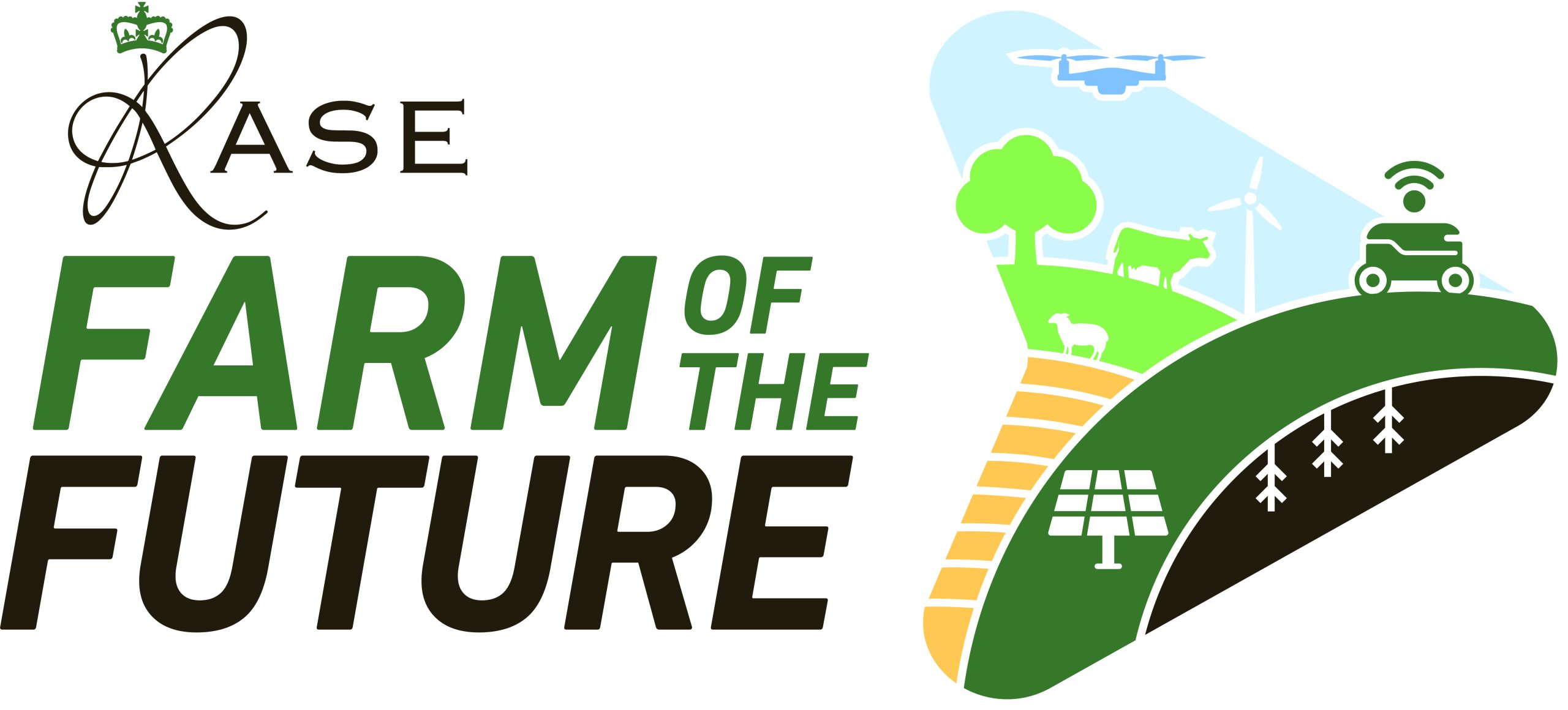Since the creation of the first farms over 10,000 years ago, mankind has devised increasingly clever ways of harvesting sunlight and converting this into food by essentially growing carbon in sustainable farming systems. However, it is only in the last 100 years or so that we have found ways to accelerate this process, partly based on extraction of oil and gas, enabling us to produce more food for an ever-increasing population.
Our use of improved science, technology and training has been targeted at maximising production to produce cheap and plentiful food and energy supplies. This has been the strategy of governments around the globe and measured against this, the agricultural industry has been highly successful.
However, the success has come at a heavy cost to the environment through the loss of habitat for wildlife, the degradation of soils, the pollution of watercourses and, more widely, the irreversible change to climate through global warming.
The carbon that we have collectively unlocked is now posing an existential threat to mankind and there is consensus that urgent action must be taken to reduce and ultimately cease our reliance on fossil carbon and to look to alternative energy sources. The goal is to be carbon neutral by 2050.
What does this mean for our UK farmers?
Food production has to remain the key objective and responsibility of our farmers. However, the future use of rural land is one of the main solutions to stemming and potentially reversing the quantity of carbon in the atmosphere.
Future land use will also dictate the rate of recovery of wildlife in the countryside and there is growing recognition that the health and wellbeing of our population is hugely improved by having access to the regenerative power of our outstanding countryside and landscapes. Both now and in the future, we see many competing demands made of our rural landscape.
This is important for farmers and landowners as they will play a pivotal role in providing a solution to the current crisis of climate and loss of wildlife. Change will be inevitable, new skills learnt and investment required from government and the private sector in order to secure multi-layered returns from the land.
The UK can play a key role in developing sustainable land use which meets the objectives of feeding the population, sequestrating more carbon than we emit whilst improving soil health, water quality and biodiversity.
This paper (and its policy-based predecessor) has been commissioned by RASE to pull together the latest science and its potential application to land use. We aim to show what our farmers will be able to realistically achieve and the practical steps which can be taken to decarbonise our industry. This report informs our own thinking and puts us in a better position to support farmers in upskilling and making fundamental changes to their business models.
